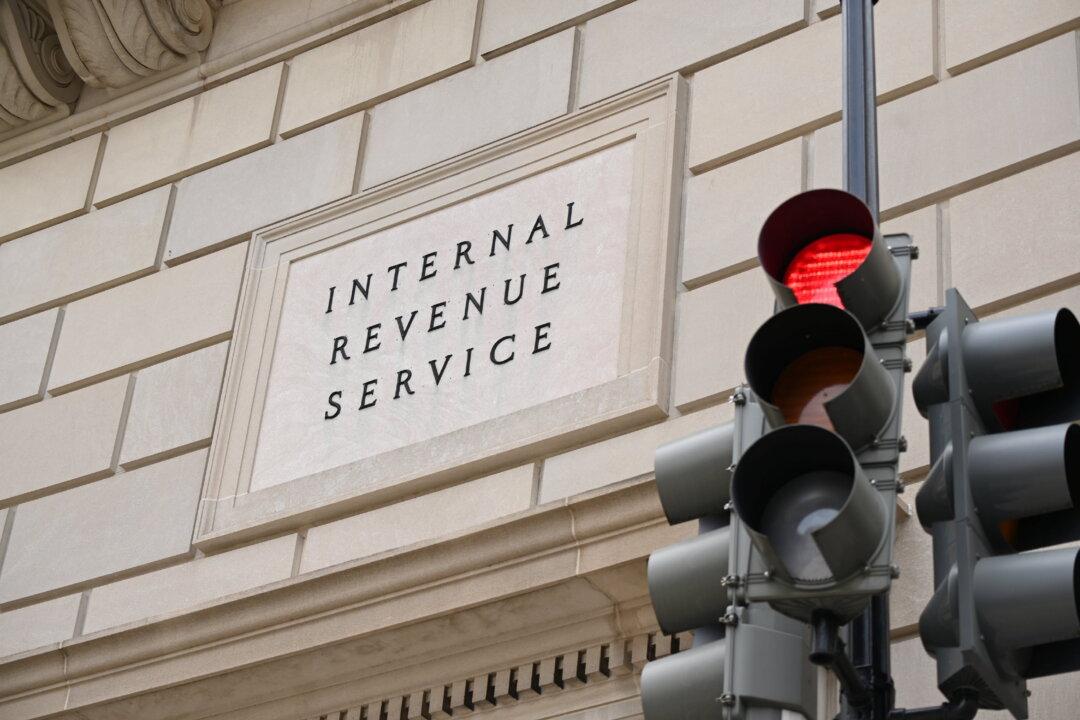The Internal Revenue Service (IRS) has issued a reminder that Jan. 31 is the deadline for employers to file W-2 forms and other wage statements, and that wage earners should be aware of this deadline to help them guard against tax refund scams.

The Internal Revenue Service (IRS) building is seen in Washington on Sept. 28, 2020. Erin Scott/Reuters




